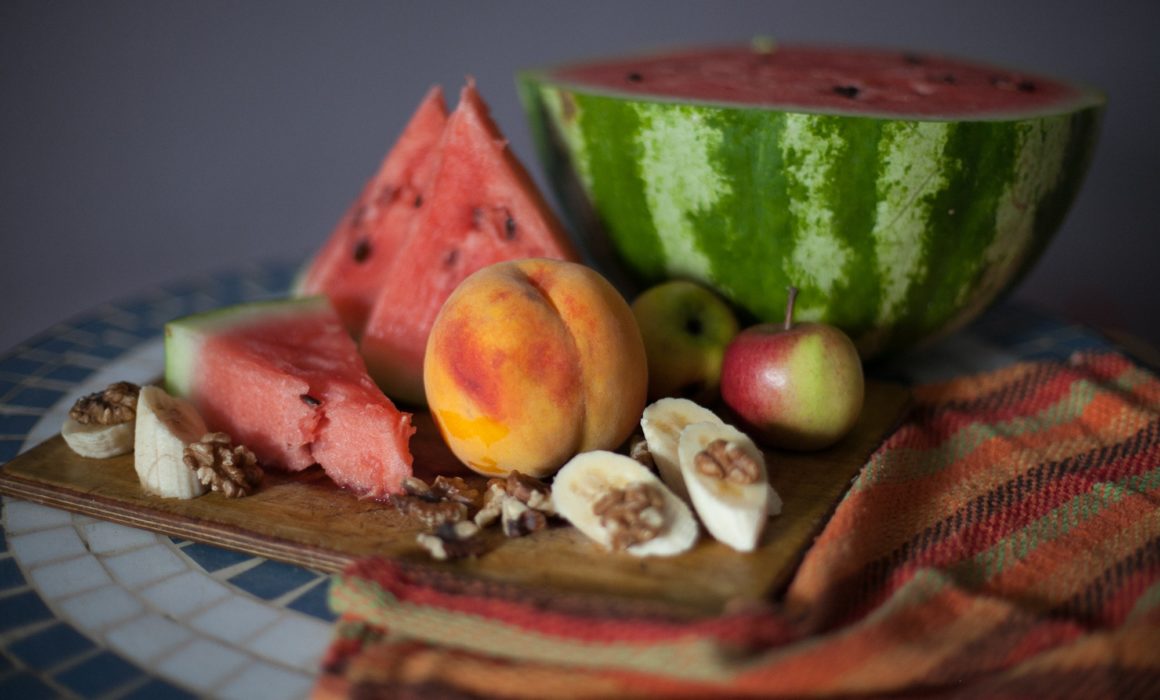We’ve known for some time that inflammation impacts brain health. Studies have shown that people with major inflammatory conditions such as autoimmune disease or infections, are significantly more likely to develop depression or suffer from cognitive decline. Patients with inflammatory bowel disease, for example, have a two-fold risk of anxiety and depression.
READ: How your gut microbiome affects your mental health
There’s even evidence that anti-inflammatory medicines can help in the treatment of depression. However, inflammation caused by leaky gut is a much more subtle process and we may not associate gut problems with brain health. The effects of inflammation on the brain are so profound it can change they way the neurons function and even cause certain areas of the brain to shrink over time.
Studies have found a region of the brain called the hippocampus, which is responsible for emotions, learning and memory, is smaller in people who have suffered long-term depression, and this loss of neurons is thought to due to inflammation.
Interestingly, this area returns to a normal size in people who have recovered from depression.
The foundations of a healthy gut and brain lie in a fibre-rich, wholefood diet, and long-term dietary change is needed to ensure a healthy microbiome is established and maintained. The bacteria in the gut act like a specialist workforce helping us break down food; the more diverse your diet, the more diverse your microbiome will be. Remember, we are not just feeding ourselves; we are also feeding our inner zoo.
Choose foods that are as close to their natural form as possible; if you can recognise it, then your bacteria will as well. Avoid processed and prepackaged foods, as these contain additives that will slow microbiome repair.
Organic food is ideal: going organic even for one month will make a big difference, as it will reduce your exposure to herbicides and pesticides that damage the microbiome.
A high vegetable intake will provide natural fibres to encourage bacterial growth and vitamins, minerals and antioxidants to promote gut health. Aim for between six to nine cups of vegetables per day.
Fermented foods such as kimchi and sauerkraut can be introduced in small amounts initially and increased over time to provide the gut with friendly bacteria.
Avoid unhealthy fats, such as processed seed oils, and stick to coconut, olive, and avocado oils. Lots of oily fish in the diet, such as salmon, sardines and mackerel will provide anti-inflammatory benefits.
Mineral-rich bone broth can be easily made at home and is an ideal food to promote a healthy gut.
Small amounts of whole grains should be used. Brown rice, corn or some of the seed-based alternatives like quinoa, buckwheat, millet and amaranth are good choices. Avoid all grains containing gluten.
It’s likely that future treatment of neurological conditions and mental health problems will involve improving nutrition to balance the microbiome, address leaky gut and reduce inflammation.
If you would like to improve your gut-brain health, many naturopaths, nutritionists and functional medicine doctors are specialising in this area and microbiome testing is now easy to access in Australia. Book an appointment with one of our practitioners at Bondi Health and Wellness today.
Prebiotic foods
These help to provide the microbiome with beneficial fibres to ensure healthy gut diversity. If you have a sensitive gut, introduce prebiotic foods to the diet slowly.
Vegetables: Jerusalem artichoke, garlic, onion, leek, shallots, spring onion, asparagus, beetroot, fennel, green peas, snow peas, sweet corn, Savoy cabbage
Fruit: Lady finger bananas, custard apples, nectarines, white peaches, persimmons, tamarillo, watermelon, rambutan, grapefruit, pomegranate
Legumes: Chickpeas, lentils, red kidney beans
Nuts: Almonds, cashews, pistachios

